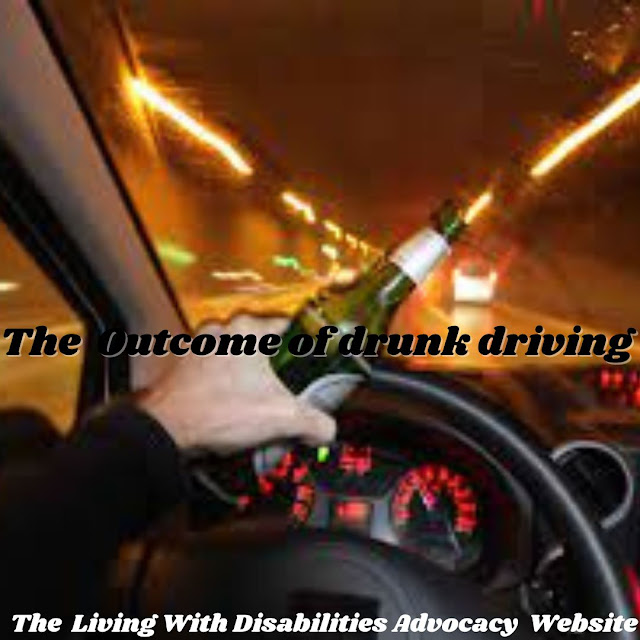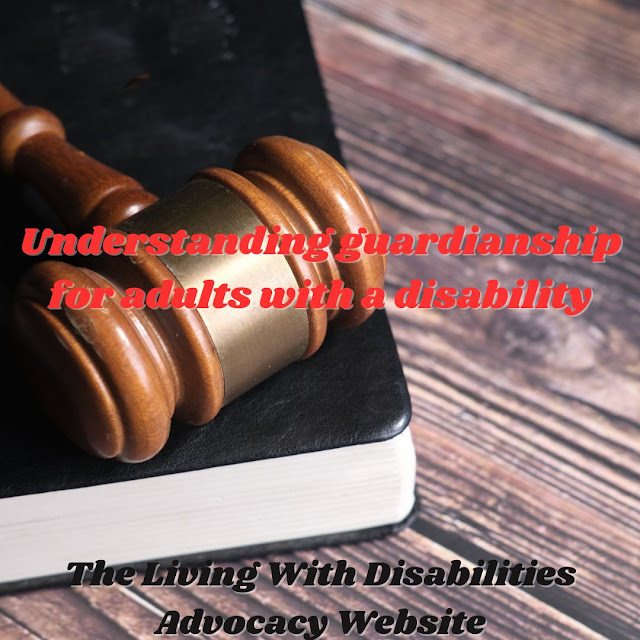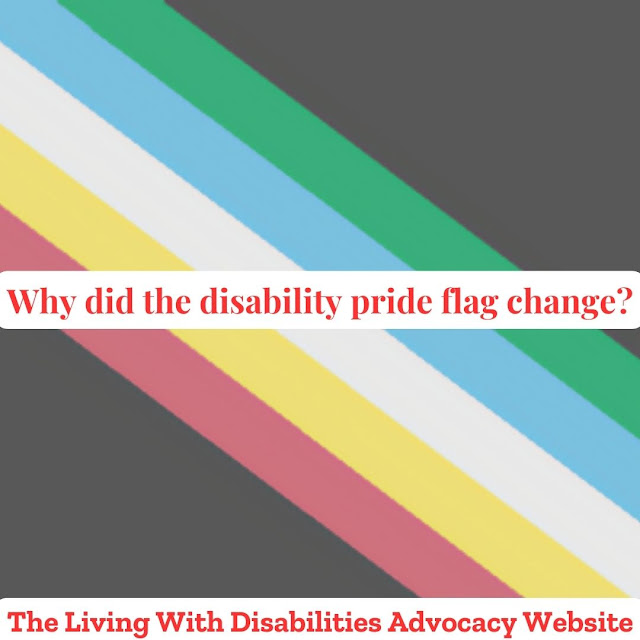The Outcome of drunk driving
Welcome to the Living With Disabilities Advocacy website. First and foremost. Self-published author Katrina Smith, a person of many accomplishments has written six volumes in total: two cookbooks and four collections of poetry. She is currently working on her self-help/autobiography. Her favorite activities include reading and writing. Katrina would be described by one word: determined. Despite any challenges she may encounter, she does not let unkind comments decide her fate.
If you're a new visitor to this advocacy website, this page aims to increase public understanding of those with disabilities and other conditions.
We suggest you seek a licensed professional counselor or healthcare provider for anything you read on this site.
This week, Living With Disabilities will talk about drunk driving. Why it's not good to drive under the influence of alcohol. What are some of the outcomes of driving drunk?
New York established its statute prohibiting driving while intoxicated on September 10, 1910. With its own legislation, California later followed suit. Nevertheless, All that this early legislation accomplished was to outlaw driving after intoxication. The decision of whether a person was too drunk to drive rested with law enforcement.
Reliability in driving has the potential to save many lives in addition to your own.
How does alcohol affect driving ability? Alcohol is a chemical that lowers brain function, affecting motor coordination, cognition, and thought processes. To drive a car safely, you need to possess all of these skills.
Alcohol's negative effects on the central nervous system intensify as its level in the blood grows. Alcohol enters the body immediately through the stomach and small intestine walls. After that, it travels through the circulation and builds up until the liver metabolizes it. The amount of alcohol in a given volume of blood is used to calculate a person's alcohol level. Blood alcohol content, or BAC, is the term for this. A blood alcohol content (BAC) of 0.08 grams per deciliter (g/dL) raises the likelihood of an accident dramatically. A tiny amount of alcohol can have an impact on one's ability to drive.
What type of substance is alcohol?
Alcohol is a depressive chemical that slows down the signals that travel from the brain to the body. It is classified as a psychoactive substance.
Driving after drinking
Are you Sober or are you intoxicated? If you are intoxicated, driving after drinking can become deadly. If you drive while intoxicated, you run the risk of being arrested or, even worse, taking part in a collision that results in death or serious injuries. When you drive, keep in mind that millions of other people's lives are in your hands, and you have responsibility if something were to happen to them—for example, if your car collides and they are hurt or killed.
What are the consequences of drunk driving? Many are aware that driving after consuming alcohol is not recommended. Despite numerous campaigns and awareness programs, there are still a significant number of people who choose to drive under the influence of alcohol or drugs. What then are the actual repercussions? The majority of states ban licenses for different periods of time; this might extend to a year. Certain states mandate jail time, even for first-time offenders, in addition to costs and fines.
As Living With Disabilities speaks here in California, You could have to pay a fine and spend up to six months in jail. You could have to pay a storage cost if law enforcement impounds your vehicle. You may be subject to lawsuits if you drive while under the influence of drugs or alcohol and cause significant harm or death.
Living with Disabilities queries: What's the reason for your head scratches? What role does this play in the disability community? Katrina Smith, as you may or may not know, was only nine months old when she survived a car accident. She was left with several medical issues and a learning disability as a result. For this reason, it's important to drive carefully. If you do want to go out for a drink, make sure a driver is designated for you, or wait until you've sobered completely before getting back behind the wheel.
Have you ever driven while intoxicated or do you know of someone who has a disability as a result of another person's poor decision to drive while intoxicated?
Living With Disabilities Presents: The Advocacy Table
a space created for people with disabilities to be able to have freedom of speech and talk on different topics surrounding the disability community. To get more details, check out The Advocacy Table. To become a panelist, Write into the show and let the host know what topic you want to talk about. She will then send out a group email to all panelists after the show has reached five or ten people. After the show, a survey will be emailed to you, and we would love to get your feedback.
If you need online support, Disability Safe Haven is great for receiving support. The We Care Team is very protective of its members and asks everyone who joins, to have a profile picture and answer the security questions.
Another online support, Living With Cerebral Palsy, is great for people with cerebral palsy and for family and friends who want to learn more about different types of cerebral palsy and how to support their loved ones who have it. This group has open and closing hours and a 24/7 chatroom. Open and closing hours are based on United States time zones.
Podcast Link
https://podcasters.spotify.com/pod/show/livingwithdisabilites/episodes/The-Outcome-of-drunk-driving-e2bluhg
Reference Links
https://www.harmonyrecoverync.com/what-type-of-drug-is-alcohol/




Comments
Post a Comment